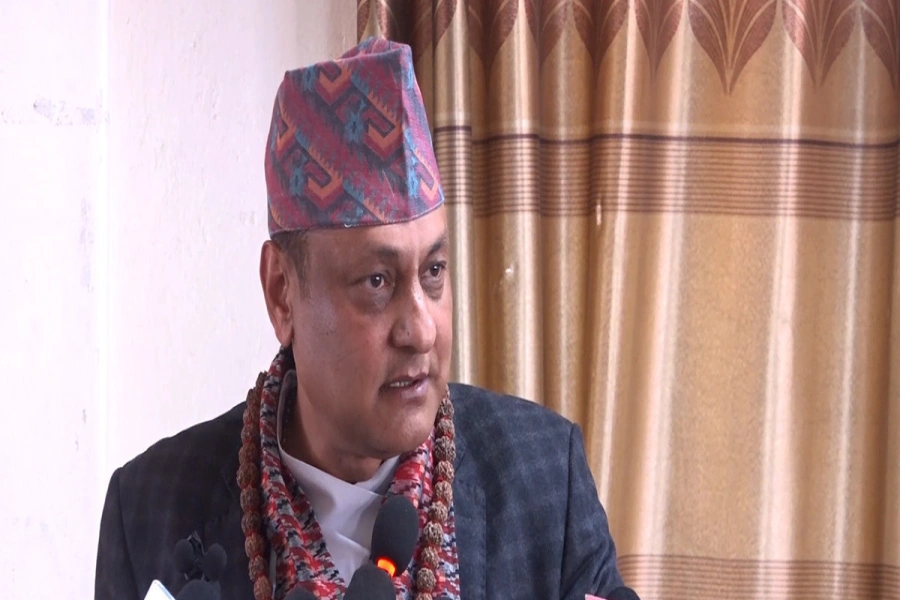When the sugarcane farmers from the Tarai plains came to Kathmandu with their legitimate demands around three weeks ago, there was almost nobody to listen to them. Only after media reports brought out the stories of injustice done to them—they had not been paid by the sugar mill owners for years—the public stood in their favor and mounted pressure on the government to address their demands. The farmers braved the cold of Kathmandu and struggled for more than a week. Only then the Ministry of Industry, Commerce and Supplies (MoICS) signed a five-point deal with the agitating farmers. They were told that the government would form a task force to recommend ways to resolve recurring problems of sugarcane farmers and to provide adequate subsidy money on time. Above all, the government had assured them that it would make the sugar mills clear all dues by January 21. The deadline expired on Tuesday. But many sugarcane farmers are yet to receive the payment.
According to Ministry of Industry, Commerce and Supplies (MoICS), sugar mills have paid only around Rs 160 million out of total dues of over Rs 1 billion. Farmers are yet to recover Rs 420 million from Annapurna Sugar Mills, Rs 267.70 million from Shree Ram Sugar Mills, Rs 117.50 million from Mahalaxmi Sugar Mills, Rs 110 million from Bagmati Sugar Mills and Rs 100 million from Lumbini Sugar Mills. Some mill owners are requesting more time for making the payment. Others have the excuse such as not being able to sell their assets and yet others like Lumbini Sugar Mill and Bagmati Sugar Mill are still out of contact.
Hope is which will keep us alive

It is evident that mill owners are not taking the farmers’ demand seriously, nor have they taken the government’s directives seriously. In other words, they do not seem to fear the law. What else explains only 14 percent collection of the total dues owed to the farmers? Besides, the farmers are yet to receive above 30 million in subsidy the government had promised.
Government’s claim that it is doing all it can to exert pressure on the mill owners to clear the dues of the farmers is not convincing. Here is a simple logic. The government can freeze the assets of the owners who have not paid to the farmers. It can track those who have gone out of contact. As a matter of fact, the mill owners have delayed the payment because they think they can get away without doing so. If the government takes stringent actions against the defaulters they will be forced to pay. Three weeks after the government’s assurance, the farmers have felt betrayed again. Desperate, they have warned to resume protests. If the farmers have to hit the streets once again to get what is legitimately theirs—payment for the sugarcane which they produced through hard work—that will be the proof that the government does not care about the farmers who are actually sustaining sugar industries of Nepal.

































